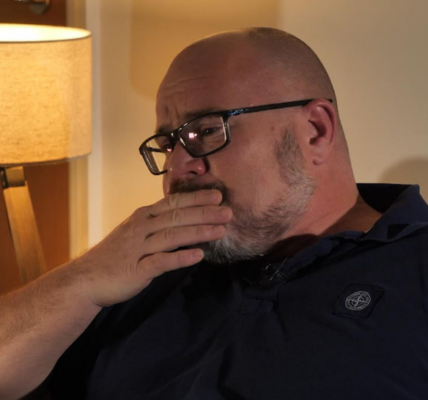EXCLUSIVE: A clear majority think Donald Trump’s election has set back the UK’s chances of hitting its net zero target

Major infrastructure upgrades will be needed to hit net zero carbon emissions. (Image: Getty)
Britons expect energy bills to go up in the coming 12 months and oppose draconian measures to slash carbon emissions to net zero, exclusive polling reveals.
Seventy-two percent of people expect energy prices to rise in the year, according to Freshwater Strategy, with just six percent thinking bills will go down.
There is strong opposition to radical moves to ensure the country reaches net zero by 2050.
Just 38% said they would support limits on the amount of meat and “carbon-intensive proteins” consumed if this is what it takes to achieve the goal. Only 34% would back a ban on all natural gas household appliances from 2035.
A mere 32% would support limiting the amount of livestock that can be used in farming.
The research shows Britons do not want to be hit in the pocket in the fight against climate change.
While 52% of people would accept a cost of £10 per taxpayer to get to net zero, this falls to 44% if the cost of reaching the carbon target by 2050 is £50 per head. Only 16% of respondents would support paying £500 per taxpayer – and only 14% £1,000.
Freshwater Strategy’s Matthew Lesh said that while the “British public broadly supports renewable energy and tackling climate change” once you “scratch below the surface, the views are far more nuanced”. He said the “findings raise serious questions about the feasibility of more radical approaches to achieving net zero without significant public resistance”.
A majority think the election of Donald Trump as US president has dealt a blow to Britain’s chances of achieving net zero by 2050.
Fifty-four percent said they could be less likely to meet this goal, with just 17% saying it is more likely.
The polling showed many citizens are prepared to accept radical changes to slow climate change.
Forty-seven per cent were prepared to accept a limit on the number of flights they could take per year from 2035 if this is what is required to reach net zero. Just 36% were opposed.
Forty-two percent were prepared to see an increase of 20% in the cost of flying, with 38% against this change.
When it comes to the most popular energy sources, solar (77%), offshore wind (67%), and onshore wind (64%) are strongly supported. Natural gas (45%), nuclear (39%), and coal (23%) are less supported.
The Office for Budget Responsibility estimated in 2021 that the “net cost to the state” of hitting the net zero target would be £344 billion – the equivalent of “0.4% of GDP in additional public spending each year”.
A Department for Energy Security and Net Zero spokesman said: “Net zero is the economic opportunity of the 21st century, and will deliver good jobs, economic growth and energy security.
“Only by investing in the transition to net zero now can we reduce costs in future. This is supported by Office for Budget Responsibility analysis which shows delaying the transition will double total costs in debt terms by 2050.”
